4 Side Effects Of Mulberry You Should Know
Here we go 'round the mulberry bush, the mulberry bush—with a dose of warnings!
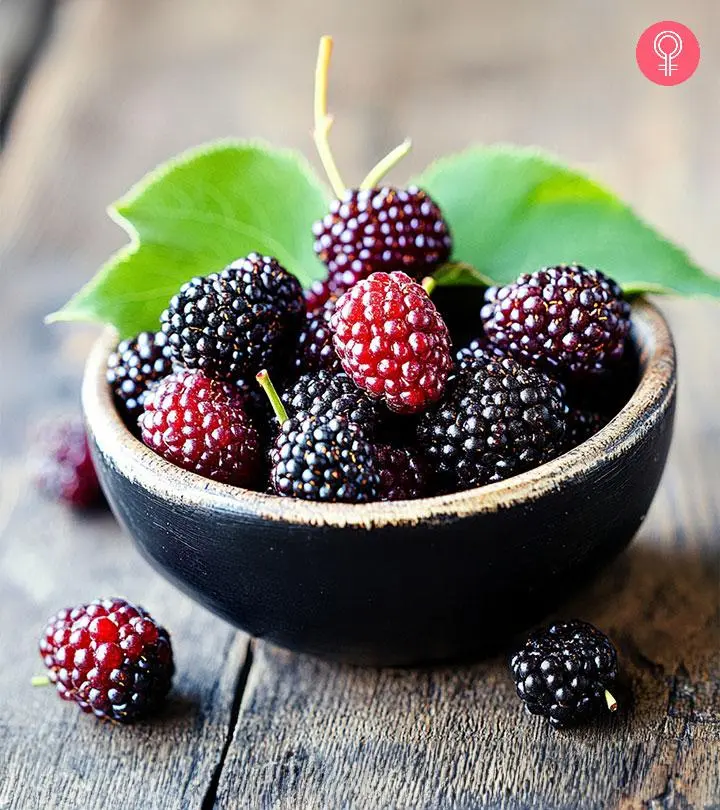
Image: Midjourney/ StyleCraze Design Team
Mulberry, also called shahtoot, is known for its antioxidant properties and many health benefits. However, you must be aware of the potential side effects of mulberry as well. Commonly consumed freshly picked, or preserved and made into juices, jams, and jellies, mulberries enrich you with many vital vitamins and minerals. Additionally, the mulberry leaf extract is also used in many traditional medicines and treatments. However, there are certain things you need to keep in mind if you like taking mulberry too often! To help you know more, we have listed down the possible toxicity risks and side effects of mulberry for you.

 Know The Flip Side: Mulberry
Know The Flip Side: MulberryShort-Term Effects
Indigestion, low uric acid levels, diarrhea, low blood sugar levels, and chest pain.
Long-Term Effects
May trigger hypoglycemia and cause dehydration and internal bleeding.
Drug Interactions
May interact with diabetes medications and urate-lowering drugs.
When To See A Doctor
If you experience very low blood sugar levels (especially if you have diabetes).
In This Article
What Is Mulberry?
Mulberry is the fruit of the Morus tree, which belongs to the family Moraceae. The fruit is small, sweet, and juicy and can vary in color depending on its cultivated species. Some of them include Morus alba (white mulberry), Morus rubra (red mulberry), and Morus nigra (black mulberry).
Mulberries are a good source of antioxidants like beta-carotene and vitamin C and other nutrients like vitamin K, iron, potassium, and dietary fiber (1). Some animal studies also suggest that they may help prevent chronic diseases like diabetes and cardiovascular disease (2). However, more human studies are needed to confirm these claims.
Mulberry is a versatile and nutritious fruit that can be eaten fresh and dried. However, its consumption may cause potential side effects in some people. Scroll down to find out.
Key Takeaways
- Consuming mulberries may suppress the healthy after-meal rise of blood glucose levels and cause low blood sugar.
- Mulberry products may cause mild skin irritation and lead to digestive issues like indigestion, nausea, diarrhea, and bloating.
- Excessive consumption of mulberry for weight loss may also hinder carbohydrate absorption and negatively impact the body.
- The high potassium levels in mulberry may affect the kidneys and cause dehydration and internal bleeding.
4 Side Effects Of Mulberry You Should Know
1. May Lead To Hypoglycemia

Mulberries are known to lower blood sugar with increased insulin hormone levels. In studies, mulberry extracts could lower blood sugar levels in normal and diabetic mice (3), (4), (5). Mulberry is rich in flavonoids and polyphenols that combat oxidative stress (6).
In humans, mulberry tea suppresses the postprandial rise of blood glucose levels after 90 minutes since its consumption. A study published in the Saudi Journal of Biological Sciences (2015) examined the effect of mulberry tea on postprandial hyperglycemia in patients with type 2 diabetes. Researchers compared the impact of plain tea (control) and mulberry tea (test group) on fasting blood glucose (FBG) and postprandial glucose (PPG) levels in 48 diabetic patients. Results showed that while FBG levels were slightly lower in the mulberry tea group, PPG levels were significantly decreased. This suggested that mulberry tea could help regulate postprandial blood sugar levels (7).
Mulberry leaf extracts, like α-glucosidase, may help delay carbohydrate digestion (7), (8). This can lead to a sudden drop in blood glucose levels, especially in those already on diabetic medication, which may eventually lead to liver damage. As per anecdotal evidence, the symptoms may include hunger, headache, blurred vision, excessive sweating, dizziness, confusion, and tremors. Mulberries, hence, must be eaten with caution. It is important to consult a licensed medical professional if you are planning on taking mulberry extract herbal supplements to treat diabetes or obesity.
 Did You Know?
Did You Know?2. May Cause Gastrointestinal Discomfort

Mulberries and their derivatives may cause indigestion, nausea and vomiting, diarrhea, bloating, etc. In a study, patients who took a mulberry leaf tablet dyslipidemiai A condition that causes an imbalance of lipids, such as cholesterol, and can lead to cardiovascular diseases with severe complications. treatment experienced mild diarrhea (26%), dizziness (8.7%), or constipation and bloating (4.3%) (9). A 2011 study published in the Phytotherapy Research journal evaluated the hypolipidemic effects of mulberry leaf tablets in patients with mild dyslipidemia but not diabetes. Researchers conducted a 12-week trial involving 23 patients who had not responded to a 4-week diet therapy. Participants took three 280 mg mulberry leaf tablets, three times daily before meals, with lipid parameters and liver function tests monitored every 4 weeks. The participants experienced mild side effects such as diarrhea and dizziness, however, the study concluded that mulberry leaf tablets were effective and safe in improving lipid profiles in patients with mild dyslipidemia.
Moreover, the latex (milky white sap) from mulberries is toxic, especially to insects and caterpillars (10). This latex can cause mild skin irritation in humans. It is not advisable to ingest it as it may cause stomach cramps, bloating, and diarrhea.
3. May Hinder Carbohydrate Absorption

Mulberries are known to hinder carbohydrate absorption (11). Research shows that inhibition of carbohydrate absorption may help in weight control and diabetes treatment. A study published in The American Journal of Clinical Nutrition reports that tea extracts (including mulberry) resulted in carbohydrate malabsorption (11). This property of mulberry can interfere with the optimal absorption of nutrients and lead to detrimental effects in the body.
 Quick Tip
Quick Tip4. May Have A Detrimental Effect On Kidneys

Mulberry leaves may help relieve the symptoms of gout by lowering uric acid levels (12). Hence, avoid taking mulberry leaves if you are already on medication to lower uric acid levels. Mulberries are also high in potassium, which is integral for the proper functioning of the body (13). Anecdotal evidence suggests that high levels of potassium may result in dehydration and internal bleeding. High potassium levels may also cause fatigue, numbness, nausea, irritability, chest pain, irregular heartbeats, and palpitations. Hence, people with chronic kidney disease must limit or even avoid mulberry intake to prevent possible kidney damage.
Consuming mulberry extracts may also lead to herb-drug interaction. Keep reading to understand who should avoid taking mulberry and its extract.
Potential Drug Interactions
Mulberry leaf extract can lower blood glucose levels. Therefore, those who are on diabetes medication should avoid it as it may lead to hypoglycemia (a severe drop in blood sugar levels) (14). It is important to monitor your blood sugar closely and consult a doctor before you consume mulberry.
It may also slow the breakdown of benzodiazepines (medicine for anxiety and insomnia), which might increase the effects and side effects of the medication (15). Furthermore, mulberry may also reduce the bioavailability of immunosuppressant drugs (16). Hence, consult your doctor to determine the right dosage of mulberry if you are on these medicines.
If you want to enjoy the benefits of mulberries, you can incorporate them into your diet with caution. Here is how you can do it.
How To Eat Mulberries Safely
To make the most of mulberry, here’s how you can eat it:
- Wash fresh mulberries thoroughly before eating. They can be eaten as a snack or added to salads and smoothies. Aim for a small handful per day.
- Add a teaspoon of mulberry powder to your smoothies, yogurt, or oatmeal. Start with a small amount to see how your body reacts.
- Steep dried mulberries or mulberry leaves in hot water for about 10 minutes. Strain before drinking. You can enjoy this tea 1-2 times a day.
- For supplements or extracts, follow the dosage instructions on the packaging or consult with a healthcare provider. Typically, a standard dose is 500 mg to 1 gram per day.
- Keep dried mulberries and mulberry powder in a cool, dry place to maintain freshness. Fresh mulberries should be refrigerated and eaten within a few days.
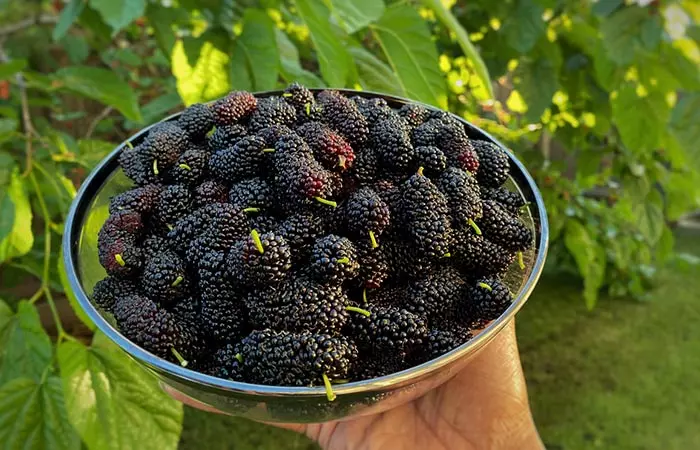
Infographic: Common Side Effects Of Mulberry
Mulberries have been used in Chinese traditional medicine for their therapeutic properties. However, excess consumption of these berries can lead to several adverse effects. Hence, before including them in your diet, have a look at the negative effects of eating too many mulberries. Click on the infographic below to learn about the most common side effects of mulberry.
Some thing wrong with infographic shortcode. please verify shortcode syntax
While mulberry benefits our health in countless ways, you probably didn’t know that overconsumption of this fruit can lead to certain side effects. They also may show drug interactions. If taken in excess, mulberries may trigger hypoglycemia. They also cause gastrointestinal discomfort and trigger nausea, bloating, and diarrhea. These berries may also interfere with carbohydrate malabsorption. Individuals with chronic kidney disease must be wary of mulberries. However, those with no health complications can stick to a moderate intake of mulberries as it aids in treating insomnia, poor eyesight, and inflammation.
Frequently Asked Questions
Can you be allergic to mulberries?
Yes. Although rare, people can be allergic to mulberries. They can cause sneezing, runny nose, and watery eyes. Also, mulberries contain proteins similar to those found in latex, so individuals with a latex allergy may also experience a cross-reaction when exposed to mulberries. Consult a licensed professional if these symptoms persist.
Can mulberries get you high?
Unripe mulberries can cause mild hallucinations and affect the central nervous system. However, further studies are needed to understand the exact cause, dose, and mechanism.
How do you eat mulberries?
You can eat them fresh. Make sure you wash them thoroughly before you consume them. Mulberries, fresh or frozen, go well with porridge, smoothies, and salads. You can also have mulberry-based desserts and cakes.
Can mulberries increase skin cancer risk?
There is no scientific evidence to support this claim. However, artificially lightening your skin may increase the risk of skin cancer.
Do mulberries interfere with chemotherapy?
It is better to avoid mulberries if you are undergoing chemotherapy unless the doctor specifically permits their use. It is believed that the anti-cancer properties of mulberry extracts may interfere with the chemotherapy protocol. However, more research is warranted in this regard.
How many mulberries should I eat in a day?
You should limit your daily intake of mulberries to about a cup.
Is mulberry a laxative?
Yes. A mice study found that black mulberries have laxative and antidiarrheal properties (used to bulk up stool (17).
Is mulberry acidic or alkaline?
Mulberry has a slightly acidic pH (between 4.7 to 6.7) (18).
Illustration: Side Effects Of Mulberry You Should Know

Image: Stable Diffusion/StyleCraze Design Team
References
Articles on StyleCraze are backed by verified information from peer-reviewed and academic research papers, reputed organizations, research institutions, and medical associations to ensure accuracy and relevance. Read our editorial policy to learn more.
- Mulberries
raw - Effects of Mulberry Fruit (Morus alba L.) Consumption on Health Outcomes: A Mini-Review
https://www.ncbi.nlm.nih.gov/pmc/articles/PMC5981255/ - Induction of Biologically Active Flavonoids in Cell Cultures of Morus nigra and Testing their Hypoglycemic Efficacy
https://www.ncbi.nlm.nih.gov/pmc/articles/PMC3221491/ - Antihyperglycemic effect of crude extracts of some Egyptian plants and algae
https://pubmed.ncbi.nlm.nih.gov/24404976/ - Morus nigra leaf extract improves glycemic response and redox profile in the liver of diabetic rats
https://pubmed.ncbi.nlm.nih.gov/26294257/ - In vitro and In vivo Antioxidant Activity of Flavonoid Extracted from Mulberry Fruit (Morus alba L.)
https://www.ncbi.nlm.nih.gov/pmc/articles/PMC4809167/ - Reduction of post-prandial hyperglycemia by mulberry tea in type-2 diabetes patients
https://www.sciencedirect.com/science/article/pii/S1319562X14000412 - Phenolic compounds isolated from Morus nigra and their α-glucosidase inhibitory activities
https://pubmed.ncbi.nlm.nih.gov/30369248/ - Efficacy of mulberry leaf tablets in patients with mild dyslipidemia
https://onlinelibrary.wiley.com/doi/abs/10.1002/ptr.3270 - Mulberry latex rich in antidiabetic sugar-mimic alkaloids forces dieting on caterpillars
https://www.pnas.org/doi/10.1073/pnas.0506944103 - An extract of black
green - Metabolic Effects of Mulberry Leaves: Exploring Potential Benefits in Type 2 Diabetes and Hyperuricemia
https://www.ncbi.nlm.nih.gov/pmc/articles/PMC3870074/ - Potassium and health
https://pubmed.ncbi.nlm.nih.gov/23674806/ - Hydro-alcoholic extract of Morus nigra reduces fasting blood glucose and HbA1c% in diabetic patients probably via competitive and allosteric interaction with alpha-glucosidase enzyme; a clinical trial and in silico analysis
https://pubmed.ncbi.nlm.nih.gov/33946137/ - Pharmacological Properties of Morus nigra L. (Black Mulberry) as A Promising Nutraceutical Resource
https://www.ncbi.nlm.nih.gov/pmc/articles/PMC6412198/ - Potential Risk of Mulberry–Drug Interaction: Modulation on P-Glycoprotein and Cytochrome P450 3A
https://pubs.acs.org/doi/10.1021/jf3052384 - The Prokinetic Laxative and Antidiarrheal Effects of Morus nigra: Possible Muscarinic Ca(2+) Channel Blocking and Antimuscarinic Mechanisms
https://pubmed.ncbi.nlm.nih.gov/27230535/ - Diversity of biochemical content in fruits of some indigenous mulberry genotypes
https://www.researchgate.net/publication/330914405_Diversity_of_biochemical_content_in_fruits_of_some_indigenous_mulberry_genotypes
Read full bio of Yvonne O’ Halloran
Read full bio of Tanya Choudhary
Read full bio of Ravi Teja Tadimalla
Read full bio of Moksha Gandhi






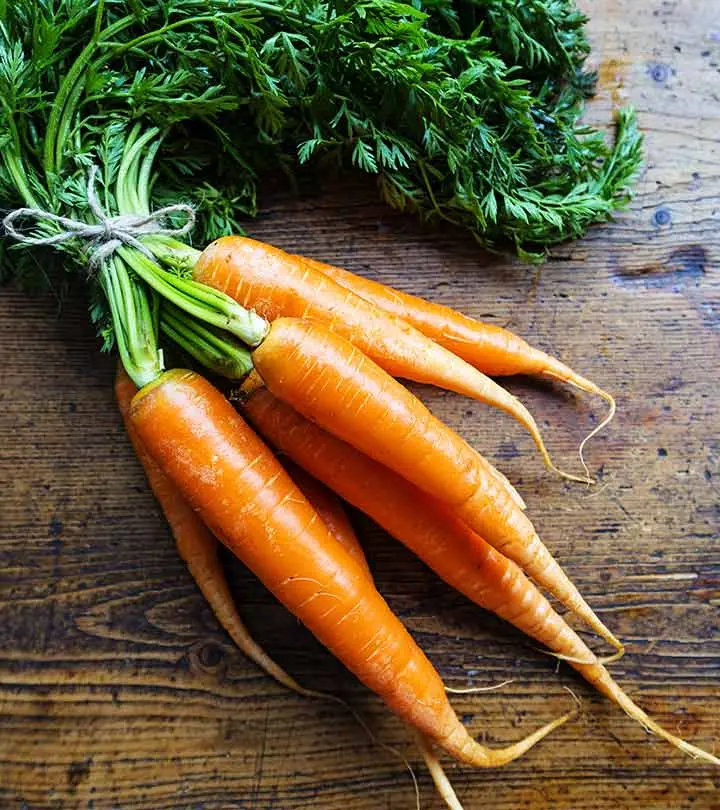


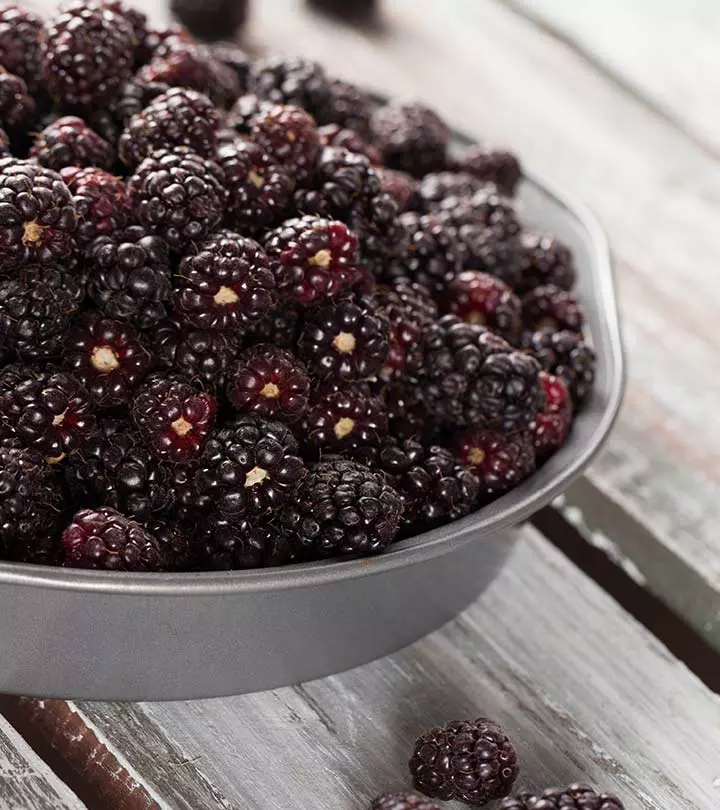
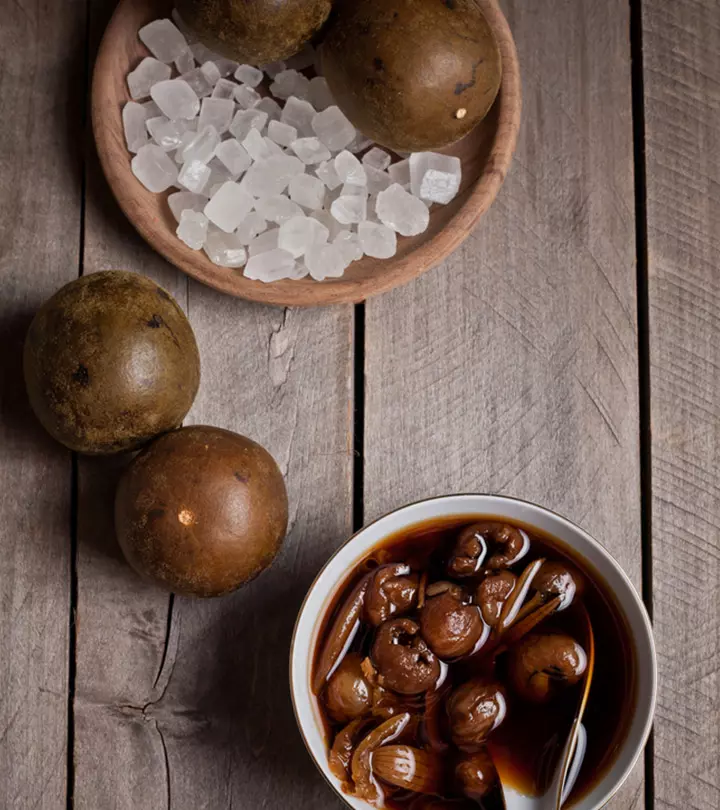
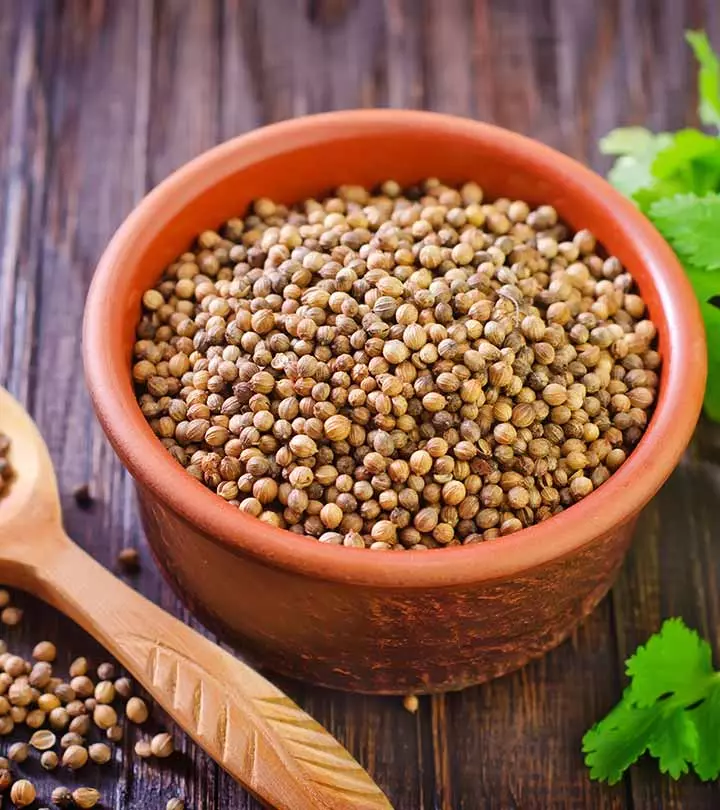
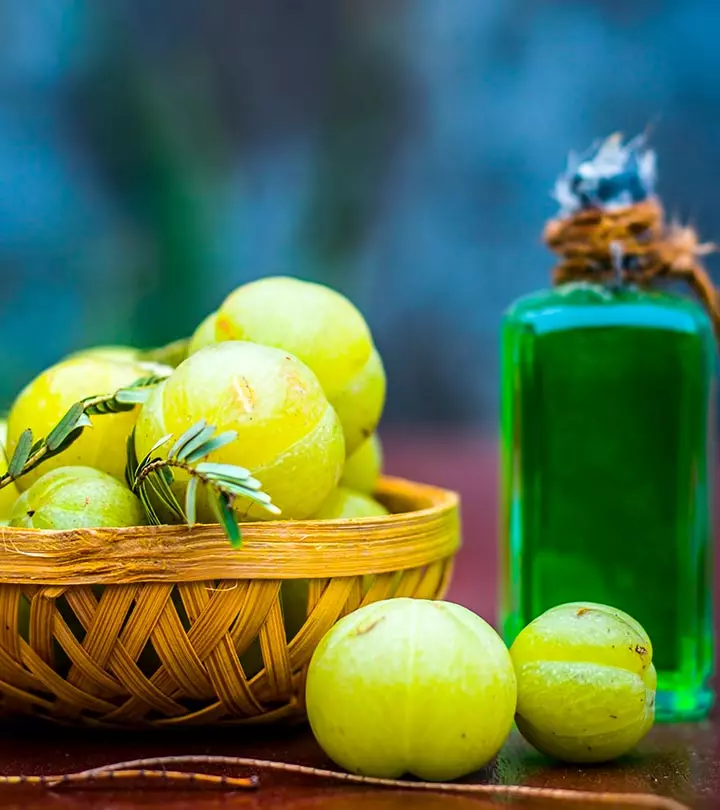

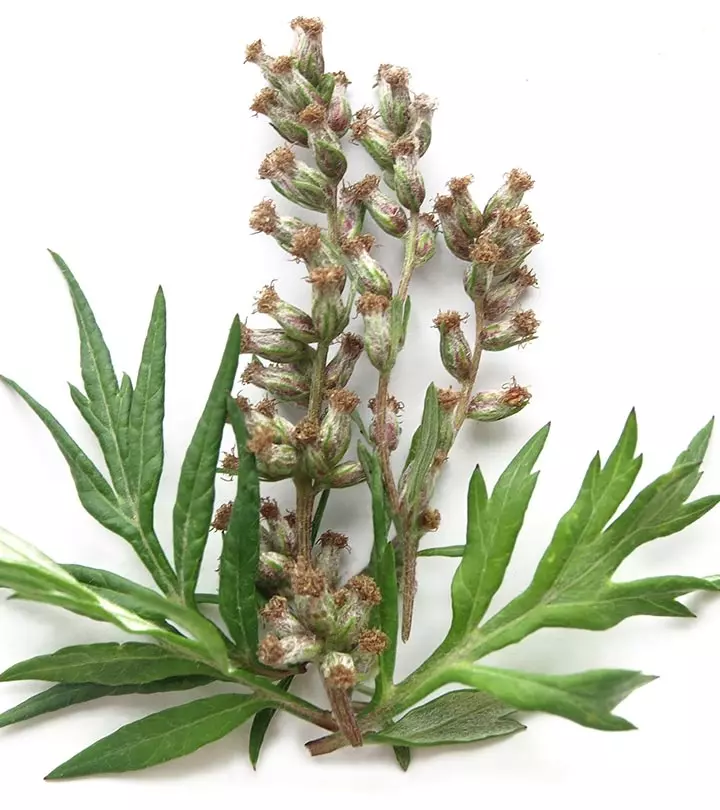
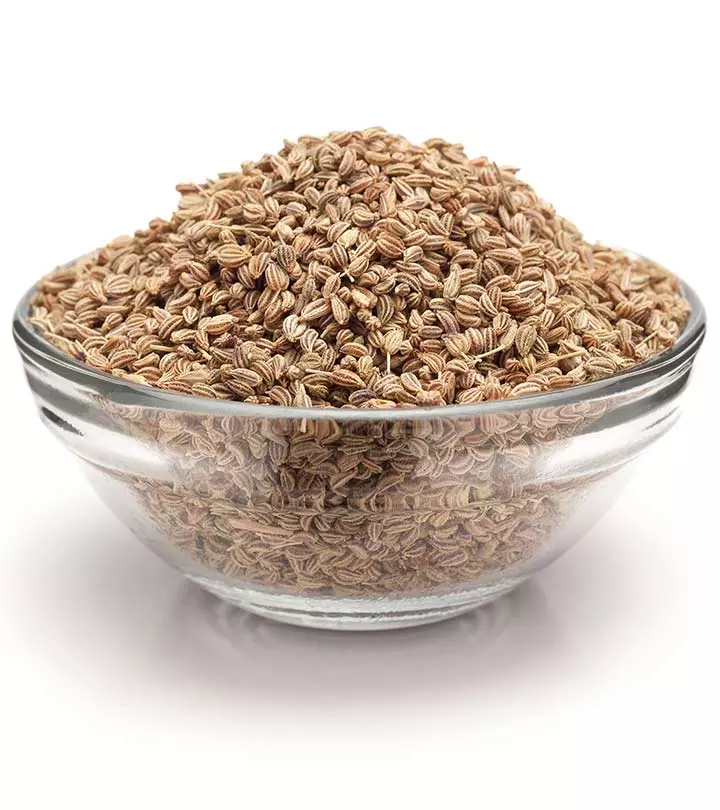
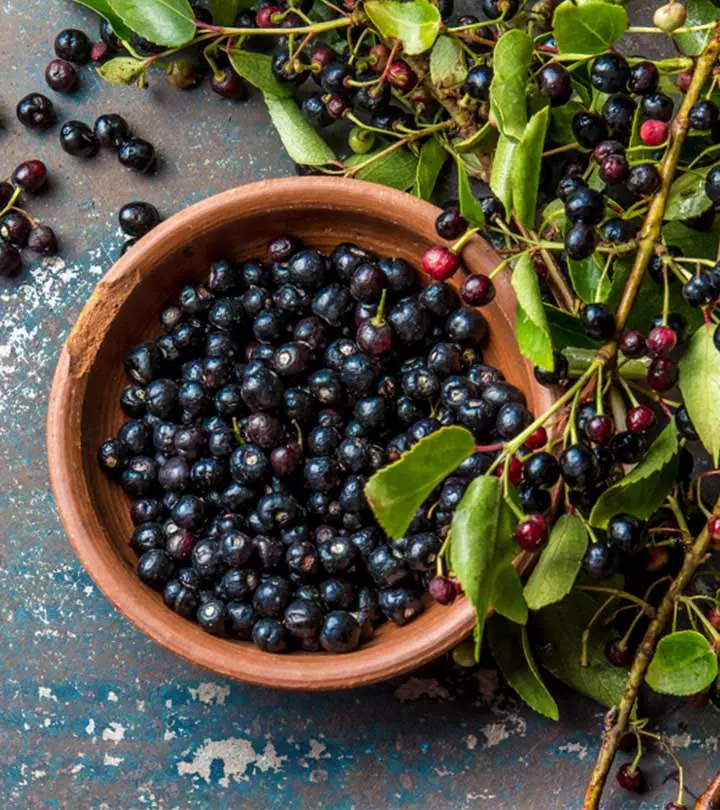
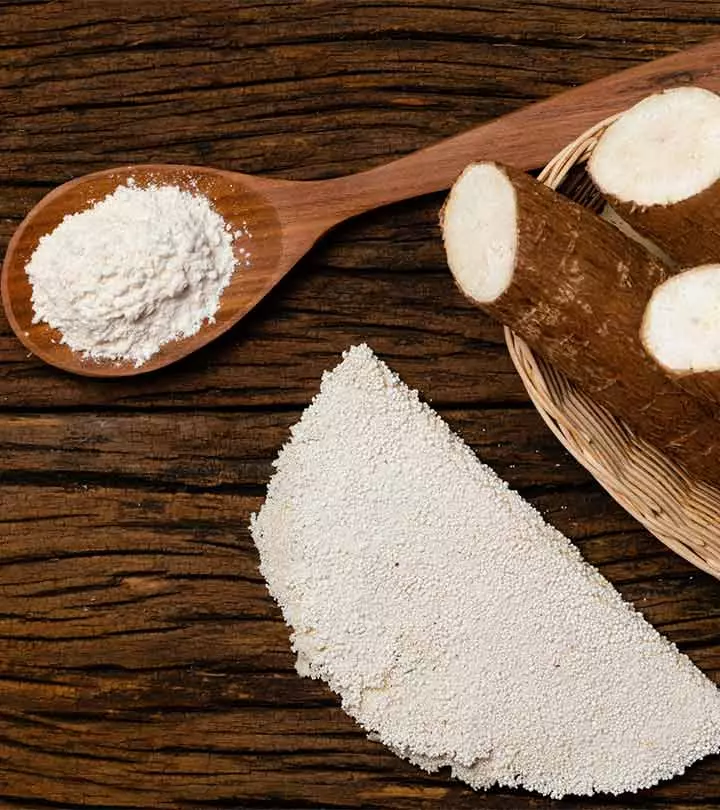
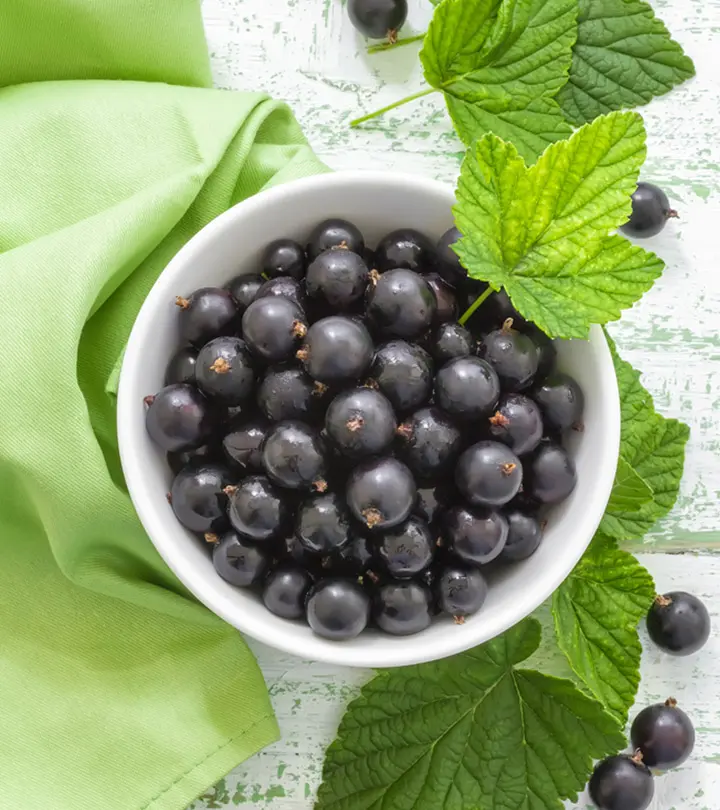
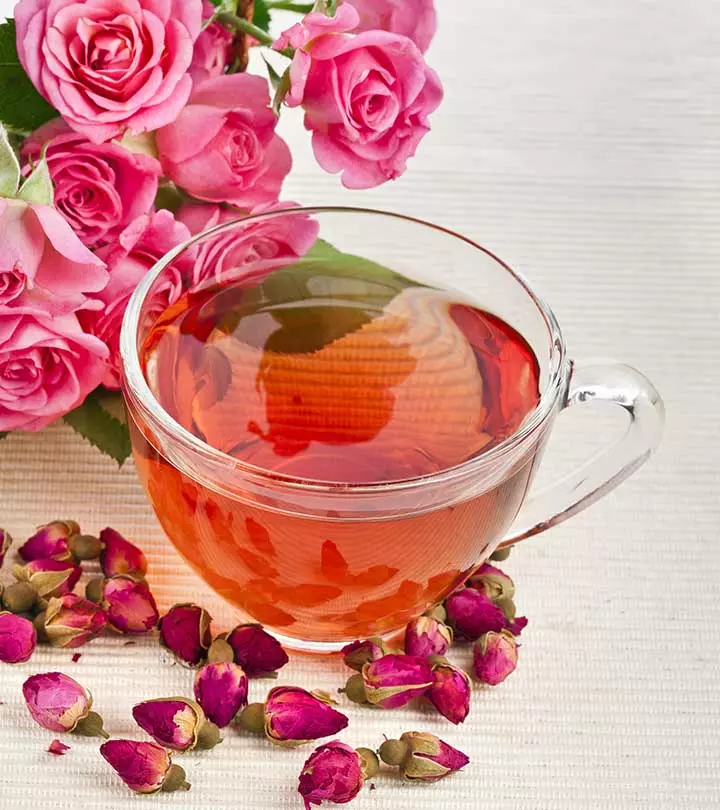
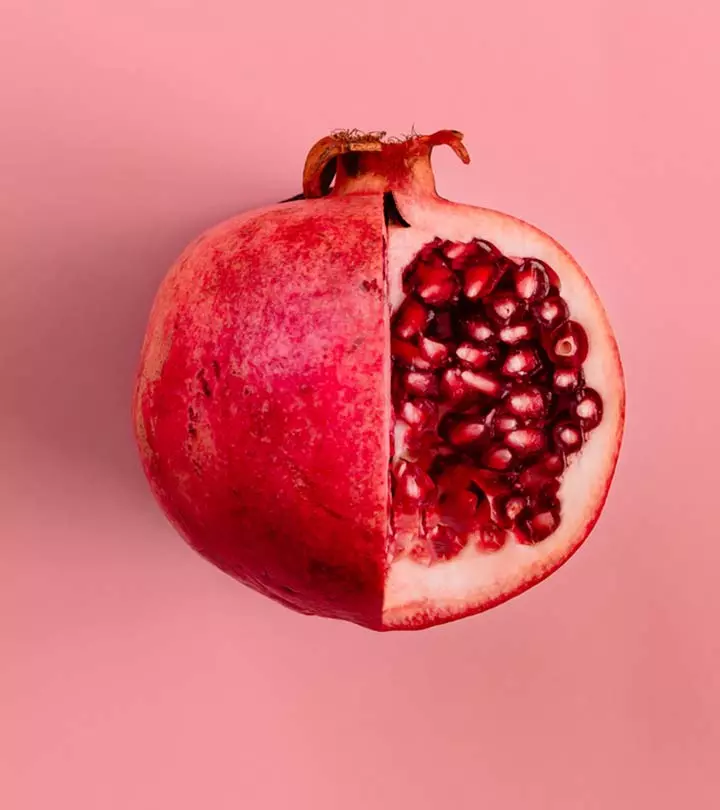

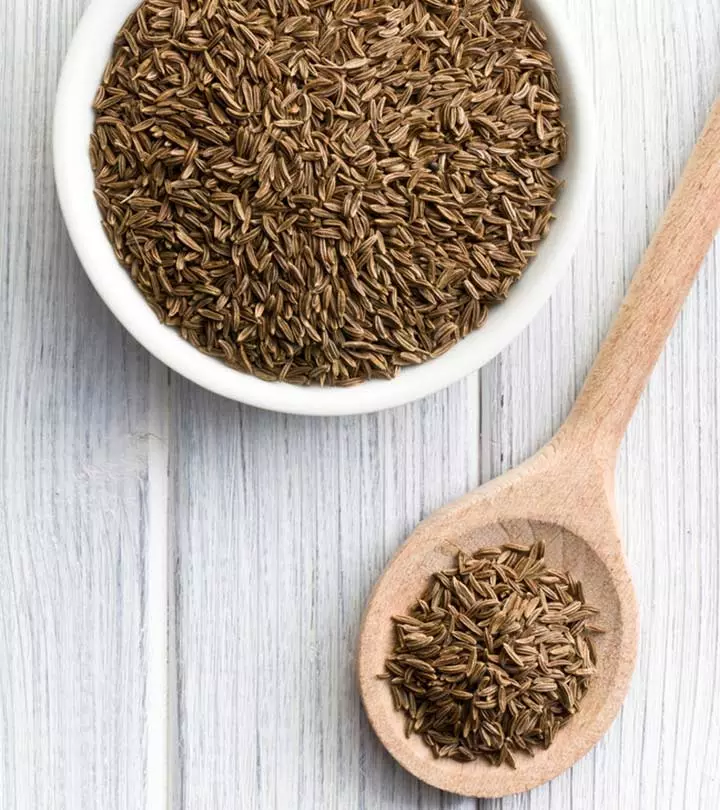
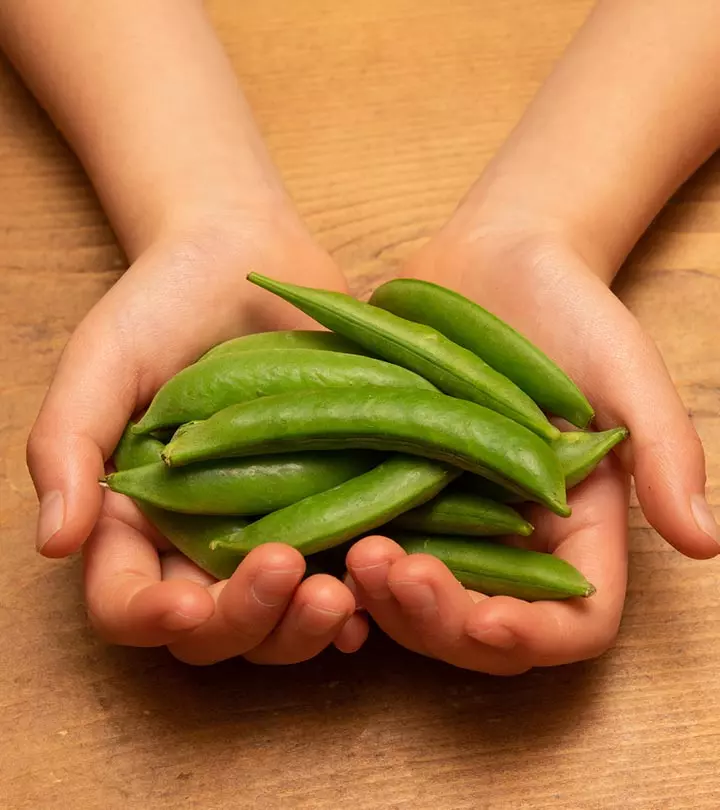
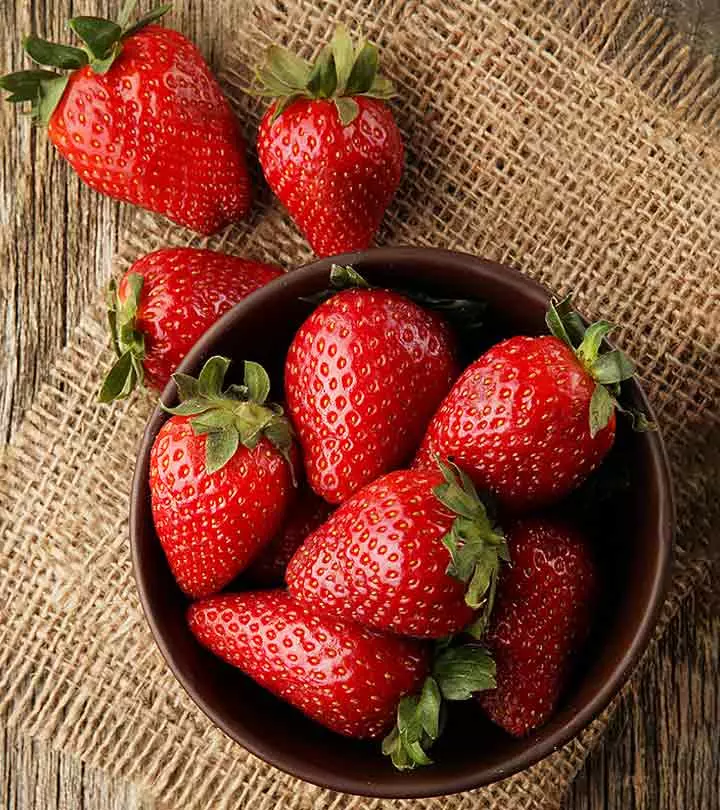
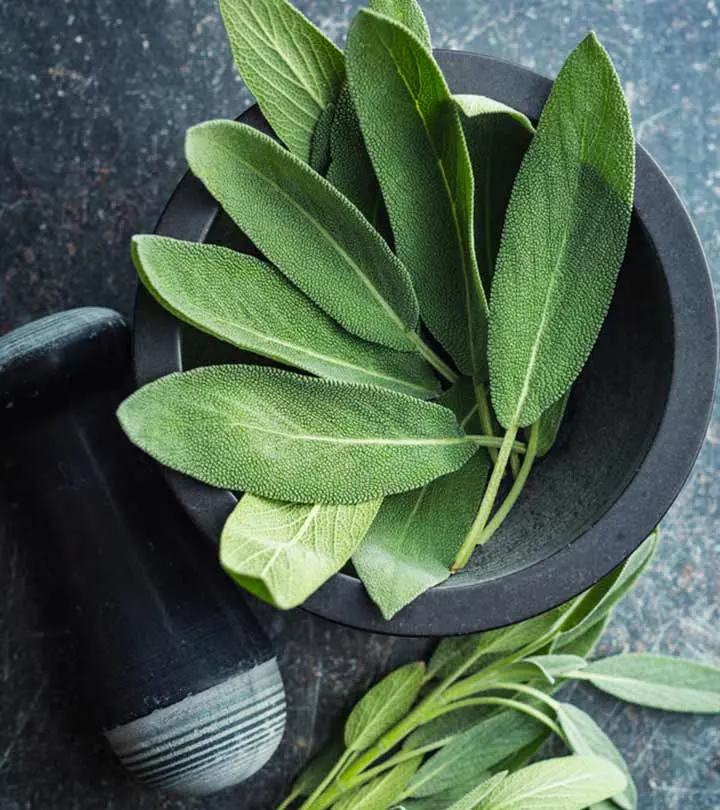
Community Experiences
Join the conversation and become a part of our empowering community! Share your stories, experiences, and insights to connect with other beauty, lifestyle, and health enthusiasts.